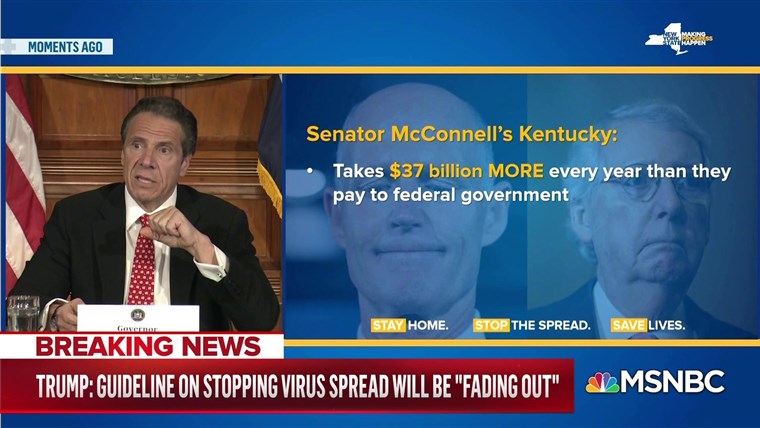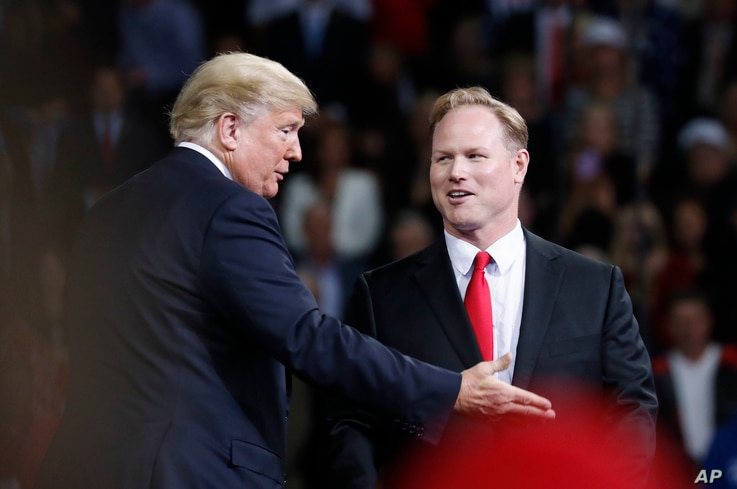WASHINGTON — Republican Senators are split over the path forward for future coronavirus relief — not only on adding more money for states and local governments, but also on providing flexibility for states to use already appropriated funds.
“I’m for it,” Sen. John Cornyn of Texas said when asked about flexibility. “I think we’re all hearing from our state and local officials that because of the mitigation efforts they don’t have revenue to provide for basic services like law enforcement and fire protection. That seems like a very compelling argument for me.”
But deficit hawks like Sen. Rick Scott of Florida are vehemently opposed to the idea.
“They’ll use it pay their pensions…No one’s talking about fixing the problems,” Scott said. “They just want money. They want us to bail them out.”
Scott went into the Republican senators’ lunch this week with a chart showing money already appropriated to states. Last week, Scott had a sign showing blue states like New York and Illinois who “mismanaged” funds previously.
But one thing may be sure: no Republican supports spending even close to what Speaker Nancy Pelosi, D-Calif., suggested in the House Democrats’ proposal.
“I saw that the speaker wants a trillion bucks. I doubt that’s gonna happen,” said Cornyn.
“It’s unserious in my view, because it represents basically how much all of the states collectively collect revenue in a year, or at least last year so I think, like I said, providing the flexibility provides us the time to see whether more is needed or not,” Sen. Kevin Cramer, R-N.D., told reporters.
And Sen. John Kennedy of Louisiana, who went to the White House on Wednesday to try and sell President Donald Trump on his bill to provide states with flexibility, sees it as a way to “obviate the need for the Pelosi bill.”
“I see the point of view of my colleagues who say well, in our opinion, some states are mismanaged, and we shouldn’t give them any money,” he said. “We’re not going to solve that problem over the next three to six months. I do see a scenario where we end up with no bill whatsoever, no more legislation. But yet you’re going to have some states and cities with substantial revenue shortfalls.”
But even though Cornyn supports providing states with more flexibility, he may not see Kennedy’s bill as the right fix.
“I think there should be limits on it…This isn’t designed to bail out people for other bad decisions they’ve made, but it is designed to try to help us all together get through the coronavirus.”

 Julie Tsirkin
Julie Tsirkin Kasie Hunt
Kasie Hunt Leigh Ann Caldwell
Leigh Ann Caldwell
